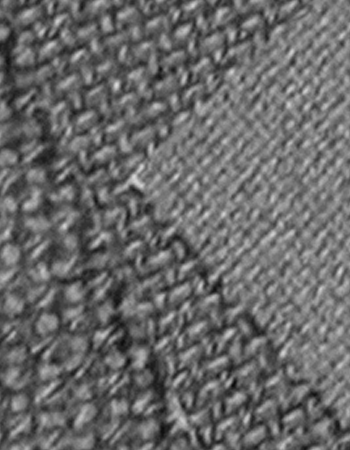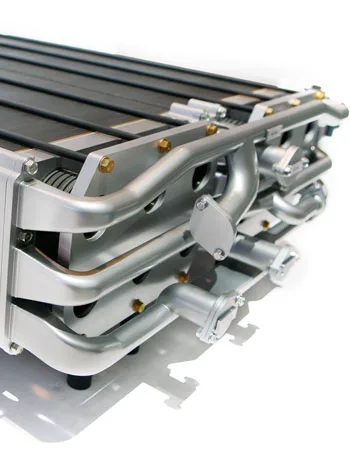Proton Exchange Membrane (PEM) fuel cells are a clean energy technology that generates electricity by converting hydrogen and oxygen into water. At the core of this technology is the gas diffusion layer (GDL) that plays a crucial role in the fuel cell's overall performance. The gas diffusion layer provides mechanical support between the flow field and the catalyst layer, facilitates the reactant (gas) transport while managing the product (water) removal, and conducts both heat and electrons from the catalyst layer. The GDL is a porous and highly conductive material, typically carbon paper, that is specifically engineered to provide the best balance between mechanical, electrical, and thermal properties and gas/water permeability making it a critical component for high efficiency fuel cell operation.



